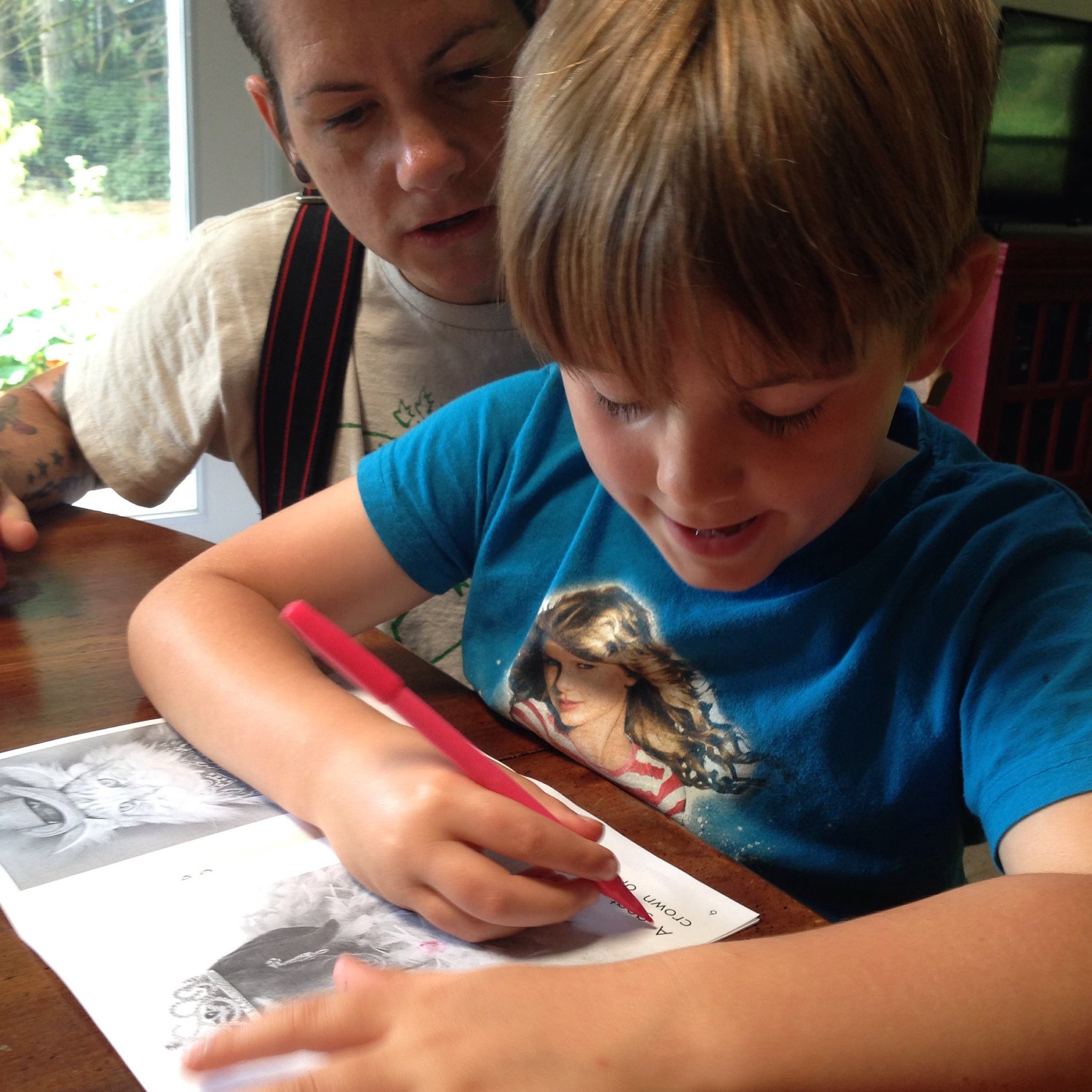When some Chautauqua students headed back to school this week, their reading skills were stronger than when they left school in June, thanks to a program that brought reading help to them in their homes.
In previous years, for students who struggled with reading, summer brought twice-weekly trips to the school to receive extra help. This year, however, the district’s reading specialist, Jenni Wilke, decided it was time for teachers to go to the students — and early signs point to success. The goal of the program is for students to maintain their skills and not forget what they learned in the previous school year, Wilke said, noting that many students exceeded that goal.
“My informal assessment is over 80 percent made gains,” she said.
Wilke spearheaded the home-based approach this year, she said, because of research, particularly regarding the “summer slide” and the achievement gap, that showed its benefits.
“Some of the most successful programs were home-based,” she added.
With approval from the district, Wilke and Anne Van Holde, the district’s English Language Learners specialist, took six weeks and traveled to 40 students’ homes to help them with reading. The advantages of this approach were large, Wilke said, including working with children in the environments where they are the most comfortable, helping parents or other caregivers learn how best to help a child and having younger siblings get interested in the reading activities as well.
Nicole Donahue’s 8-year-old son, Linus, participated in the program this summer, and Donahue expressed enthusiasm for the results it brought.
“He has really taken off,” she said about Linus. “His gains were phenomenal.”
Particularly important, she said, was that she learned how best to help him when he struggled, and how to challenge him, but not too much.
“They came out and taught me how to teach him,” she added.
Previously, Linus enjoyed sitting and looking at books, she said, but now he is reading, including reading signs when they are outside, and she joked she can no longer spell out words that she does not want him to understand.
Her younger child, who is 5, was interested in the activities as well, and while Donahue was there in the day for the lessons, her partner led the evening activities.
“It has been a family affair,” she said.
Once school is underway, Wilke said she will evaluate this summer’s efforts further, but she noted she hopes to continue the program in homes next summer. Wilke, a former high school English teacher, book store owner and paraeducator in the same reading program she now heads, speaks easily about the importance of reading, noting that being a reader is foundational to being a learner. Moreover, she said, some studies have shown readers are more content in life than non-readers — and she wants every child to have the opportunity to become a reader — so she is aiming beyond simply teaching reading skills.
“I am really working to impart the passion for reading, too,” she said.



